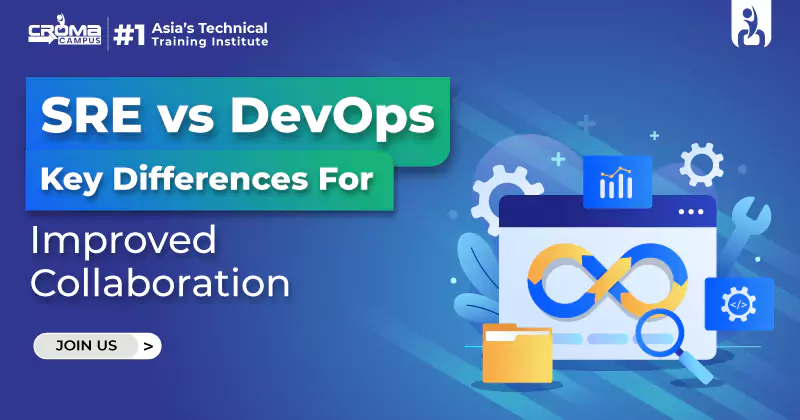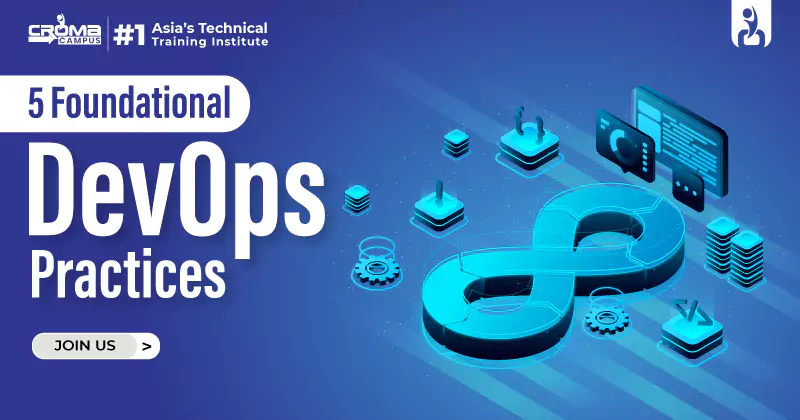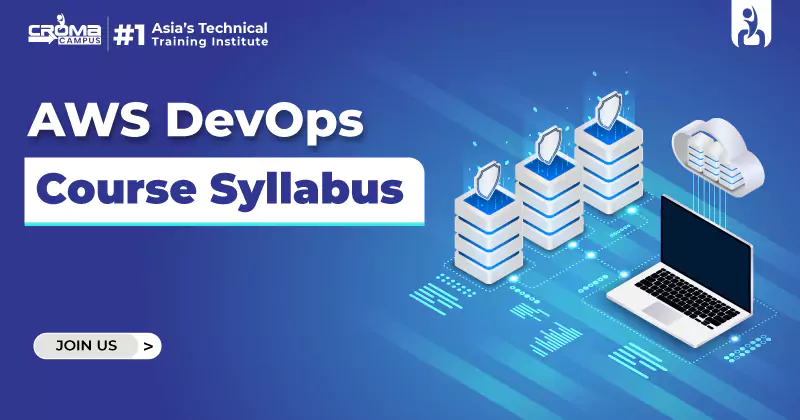How Ansible Simplifies Configuration Management And Deployment?
4.9 out of 5 based on 9874 votesLast updated on 17th Mar 2025 16.3K Views
- Bookmark

Automate deployments with Ansible for seamless configuration, scaling, and management. Simplify IT workflows with efficient automation tools.

In today’s IT landscape, automation is essential for managing infrastructure efficiently. Ansible, a powerful open-source automation tool, simplifies configuration management and deployment with its agentless architecture. Unlike traditional tools, Ansible uses YAML-based playbooks, making it easier to automate tasks without complex scripting. With the growing demand for automation skills, professionals are enrolling in Ansible Online Training to master infrastructure as code (IaC), automated deployments, and security configuration.
Why Use Ansible for Configuration Management?
Feature | Description |
Agentless Architecture | No need for agents; uses SSH for automation. |
Idempotency | Ensures the same results every time a task runs. |
YAML-Based Playbooks | Simple, human-readable automation scripts. |
Scalability | Handles large infrastructures with ease. |
1. Agentless Architecture
Unlike traditional automation tools that require agents installed on remote systems, Ansible operates without agents, using SSH for Linux systems and WinRM for Windows. This reduces system overhead, simplifies deployment, and enhances security by minimizing vulnerabilities linked to running background agents.
2. Idempotency
Ansible ensures consistent and predictable automation through idempotency. This means that no matter how many times you run a task, the final state remains the same, preventing unintended changes. It helps avoid duplicate configurations, unnecessary modifications, and system inconsistencies.
3. YAML-Based Playbooks
Ansible uses YAML (Yet Another Markup Language) for writing playbooks, making automation scripts simple, readable, and easy to manage. YAML’s human-friendly syntax allows even non-programmers to understand and modify automation workflows, improving collaboration between teams.
4. Scalability
Ansible is designed to handle infrastructures of any size, from small setups to enterprise-level environments. It enables parallel execution of tasks, optimizing automation for large-scale deployments, cloud management, and configuration management across thousands of nodes.
Ansible Certification
Ansible has become a key automation tool for IT professionals, helping streamline configuration management, application deployment, and CI/CD pipeline integration. Enrolling in an Ansible Certification Course provides hands-on training in enterprise-level automation, making professionals proficient in managing infrastructure efficiently.
Benefits of Certification
- Industry-Recognized Expertise: Validates skills in automation, configuration management, and infrastructure as code.
- High Demand for Ansible Skills: Many DevOps roles require Ansible expertise, increasing job opportunities.
- Hands-On Labs: Practical experience with real-world automation scenarios, ensuring job-ready skills.
By opting for an Ansible Certification Course, professionals can gain practical knowledge and career-enhancing skills in automation and DevOps, making them valuable assets in modern IT environments.
Also Read These Blogs:
AWS Serverless Application Model
Deployment Automation with Ansible
Modern IT environments require seamless and efficient deployment automation, ensuring consistency, scalability, and security across infrastructure. Ansible simplifies this process through its agentless architecture, human-readable YAML playbooks, and powerful automation capabilities. Here’s how Ansible enhances deployment automation:
1. Playbooks: Define Automation Workflows Using Simple YAML Syntax
Ansible Playbooks serve as the foundation of automation, allowing users to define step-by-step workflows in a declarative and human-readable format using YAML. These playbooks can automate tasks such as software installation, server provisioning, and cloud deployments, reducing manual intervention and improving operational efficiency.
2. Inventory Management: Automate Multi-Server Deployment with Inventory Files
Managing multiple servers can be challenging, but Ansible simplifies it with inventory files, which define groups of servers and their configurations. These inventory files enable parallel execution of tasks across hundreds or thousands of servers, making multi-server deployment more efficient and scalable.
3. Role-Based Execution: Organize Playbooks for Modular Automation
Ansible promotes modular automation through roles, which help structure playbooks into reusable components. By grouping tasks, variables, and handlers into roles, teams can maintain cleaner, reusable, and scalable automation scripts, enhancing collaboration and efficiency in DevOps workflows.
4. Security Compliance: Enforce Policies Across Infrastructure
Ensuring security compliance is a top priority for enterprises. Ansible helps enforce security policies by automating system hardening, firewall configurations, access controls, and compliance checks. Organizations can use playbooks to audit and remediate security vulnerabilities, ensuring compliance with industry regulations such as ISO 27001, GDPR, and NIST standards.
Delhi’s IT industry is booming, with a growing focus on cloud computing and DevOps. Professionals can upskill with an Ansible Course in Delhi, which covers playbook writing, role-based automation, and integration with cloud services like AWS, Azure, and GCP.
Current Trends Ansible Training In Noida Tech Space
- Increasing adoption of DevOps automation.
- The rapid expansion of cloud-based infrastructure.
- High demand for IT professionals with automation expertise.
Ansible Adoption by Industry
Ansible Training
Ansible has become a leading automation tool for IT infrastructure management, enabling organizations to simplify deployments, streamline configurations, and enhance security. Enrolling in Ansible Online Training provides IT professionals with hands-on experience in infrastructure automation, configuration management, and CI/CD pipeline integration.
Why Choose Ansible Training?
- Growing demand for DevOps engineers.
- Many IT firms adopting Ansible for automation.
- Hands-on exposure to real-world automation tasks.
Advanced Ansible Features for Enterprise Automation
As organizations scale their IT infrastructure, advanced Ansible features help streamline complex automation tasks while ensuring consistency, security, and efficiency.
1. Dynamic Inventory Management
In enterprise environments, infrastructure changes frequently with new servers being added or removed. Ansible supports dynamic inventory, allowing integration with cloud providers like AWS Training, Azure, and GCP to fetch real-time server lists. This eliminates the need for manual updates, ensuring up-to-date automation.
2. Ansible Tower for Enterprise Automation
Ansible Tower (or AWX, the open-source version) provides a graphical interface, centralized control, and role-based access for managing automation workflows. It enhances team collaboration by offering logging, job scheduling, and security policies for large-scale deployments.
3. Event-Driven Automation
Ansible supports event-driven automation, which allows real-time responses to system changes. For example, an automated security response can be triggered when a critical vulnerability is detected. This proactive approach improves operational resilience and minimizes downtime.
4. Integration with CI/CD Pipelines
Ansible seamlessly integrates with Jenkins, GitLab CI/CD, and Azure DevOps, automating software deployments and infrastructure provisioning. This ensures a faster, more reliable software delivery process, reducing manual intervention.
Other Related Courses:
Conclusion
Ansible's agentless architecture, scalability, and powerful automation capabilities make it an essential tool for DevOps and IT teams. By streamlining configuration management, deployment, and security compliance, Ansible enhances efficiency across IT environments. Gaining hands-on experience through training and certification equips professionals with the skills needed to stay competitive in the evolving technology.
Subscribe For Free Demo
Free Demo for Corporate & Online Trainings.
Your email address will not be published. Required fields are marked *





















 Master in Cloud Computing Training
Master in Cloud Computing Training